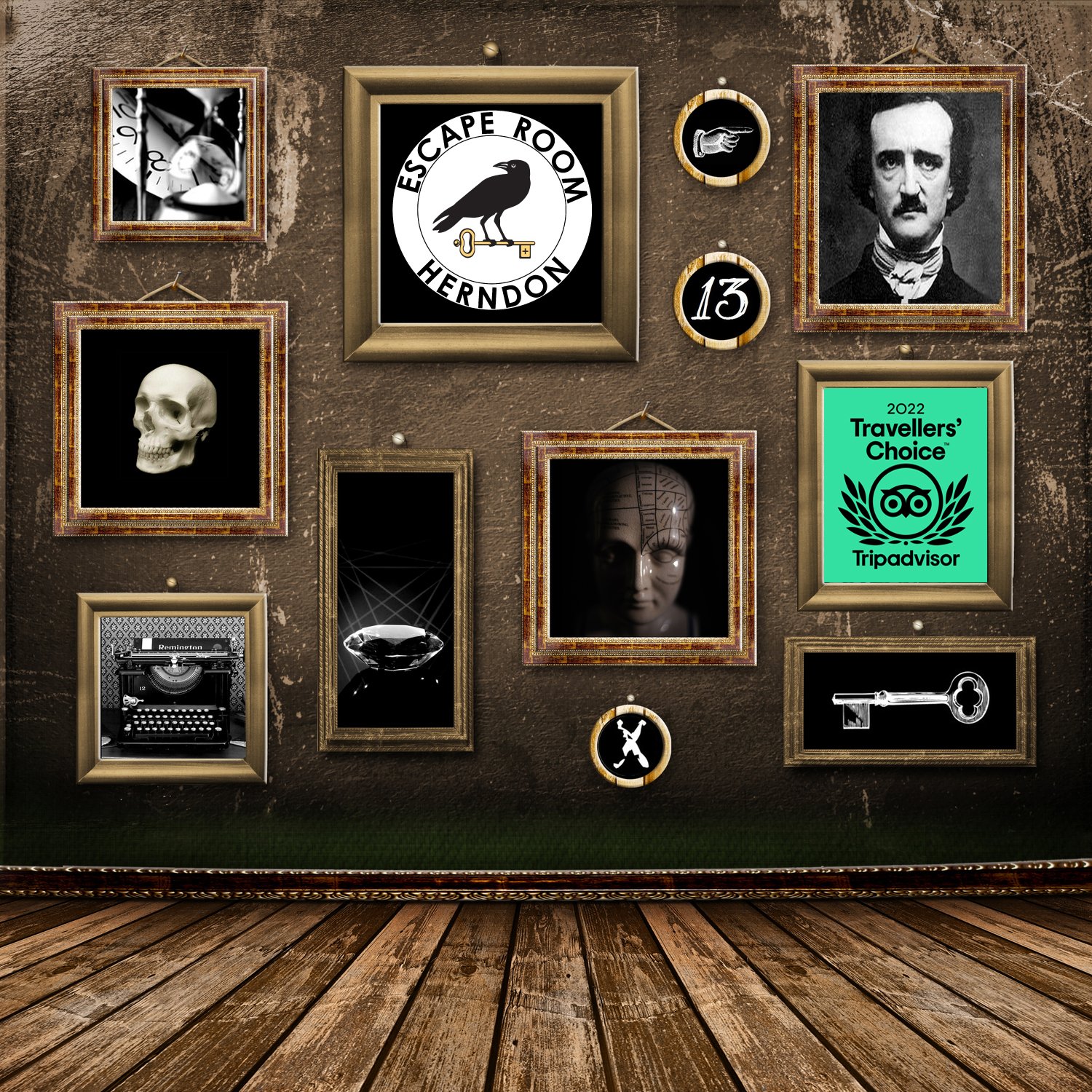Test Your Wits at Escape Room in Orlando: An Unique Experience for Everyone
Test Your Wits at Escape Room in Orlando: An Unique Experience for Everyone
Blog Article
Explore Why Escape Rooms Are Fun and Deal a Distinct Method to Bond With Friends and Family Members
Escape areas have actually emerged as an exciting form of enjoyment, providing a blend of immersive storytelling and mental excitement that is both rewarding and tough. What exactly establishes escape spaces apart as a bonding experience?

Immersive Storytelling
While the idea of getaway rooms may initially seem straightforward, it is the immersive storytelling that absolutely sets them apart. These experiences are diligently developed to carry individuals into another globe, weaving engaging narratives that involve and captivate. From the moment gamers enter the space, they are enveloped in a thoroughly crafted atmosphere, total with complex details, sound effects, and thematic aspects that offer to boost the storyline.
Each escape space features an one-of-a-kind plot, often involving an objective or mystery that participants must fix within a set timeframe. The storyline is not just a background however is integral to the experience, influencing the design of puzzles and the design of the room. This narrative-driven strategy ensures that every aspect, from the clues to the decor, adds to the unfolding tale, producing a natural and immersive atmosphere.
In addition, making use of innovative technology and interactive features better deepens the immersive experience. For example, digital interfaces, augmented truth, and sensory results can make the tale come active, enabling individuals to feel as though they are absolutely part of the unfolding dramatization. This immersion fosters a feeling of enjoyment and necessity, boosting the general enjoyment of escape areas.
Mental Stimulation
Taking part in escape rooms uses participants an one-of-a-kind kind of psychological excitement that tests cognitive abilities in revitalizing and diverse ways. These immersive experiences require individuals to solve elaborate challenges, decipher codes, and think critically under time restraints. This setting promotes improved problem-solving abilities, as participants must navigate a series of intricate challenges that need sensible thinking and creative reasoning.
Escape rooms typically include a range of challenge kinds, from mathematical formulas to etymological riddles and spatial awareness jobs. This variety guarantees that different cognitive functions are engaged, providing a thorough mental workout. Resolving a cipher might sharpen analytical abilities, while a physical problem may improve hand-eye sychronisation and spatial reasoning. The requirement to change between various kinds of thinking maintains the mind agile and involved.
Furthermore, the time-sensitive nature of getaway areas adds a component of stress that enhances cognitive performance. Participants are urged to assume quickly and effectively, enhancing their capacity to process information and choose quickly. This intense state of psychological activity can bring about increased emphasis and sharper cognitive capacities, making escape rooms not just an amusing diversion but also a valuable exercise for the brain.
Teamwork and Cooperation
Unforgettable Experiences
Commonly, one of one of the most engaging aspects of escape spaces is the production of remarkable experiences that stick around long after the game has actually ended. The immersive nature of getaway areas, with their complex challenges and engaging stories, provides individuals with a sense of achievement and sociability that is difficult to replicate in other social tasks. These experiences become cherished memories, commonly recounted with enthusiasm and nostalgia.
The collaborative effort called for to resolve the obstacles fosters an one-of-a-kind feeling of unity among individuals. Buddies and member of the family are offered the opportunity to interact in a high-pressure, yet enjoyable environment, reinforcing bonds and enhancing interaction skills (best escape room orlando). The shared triumphes and even the periodic failings contribute to a cumulative feeling of success and joy
Moreover, the thematic variety of getaway spaces ensures that each experience stands out. Whether browsing a haunted estate or figuring out clues in a spy-themed setup, the range maintains the exhilaration fresh and the memories brilliant. This selection not just satisfies additional resources various interests however additionally makes certain that each visit to a getaway room is a distinct adventure.
Fundamentally, escape spaces provide memorable experiences that build enduring connections and supply tales to be valued for years ahead.
Verdict
Getaway rooms offer an unique opportunity for bonding via their immersive narration, mental stimulation, and dependence on team effort and cooperation. These aspects jointly create an exciting atmosphere that tests participants, promoting cognitive growth and enhancing relationships. The adventure of conquering intricate issues together leads to unforgettable experiences and an extensive sense of achievement. Getaway areas emerge as a pleasurable and distinct task, integrating amusement with the growth of essential social and cognitive skills.

Structure on the foundation of synergy and teamwork, the adventure of the challenge in escape rooms offers participants an exciting experience that examines their problem-solving capacities and mental acuity - best escape room orlando.In addition, the thoroughly crafted complexity of escape spaces makes certain that no two experiences are alike.Commonly, one of the most engaging aspects of retreat areas is the production of memorable experiences that linger long after the game has actually wrapped up.Additionally, the thematic variety of retreat spaces makes certain that each experience is unique
Report this page